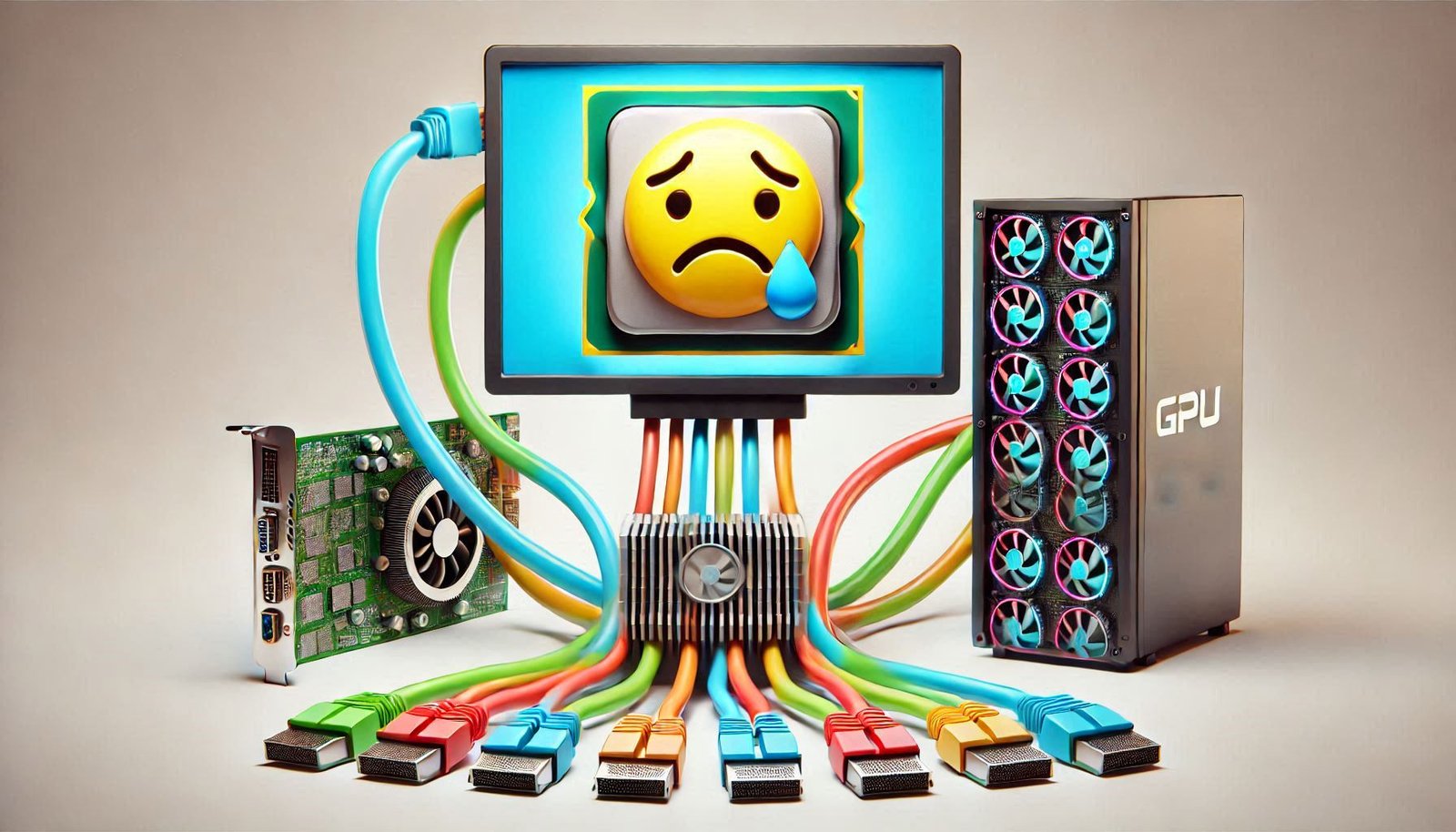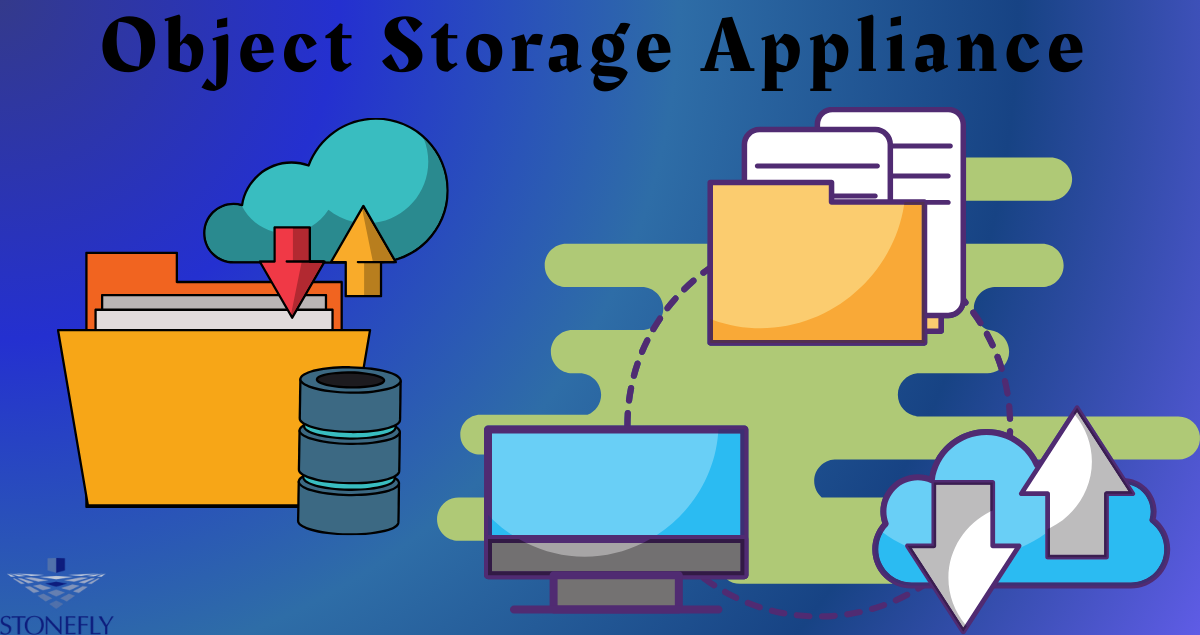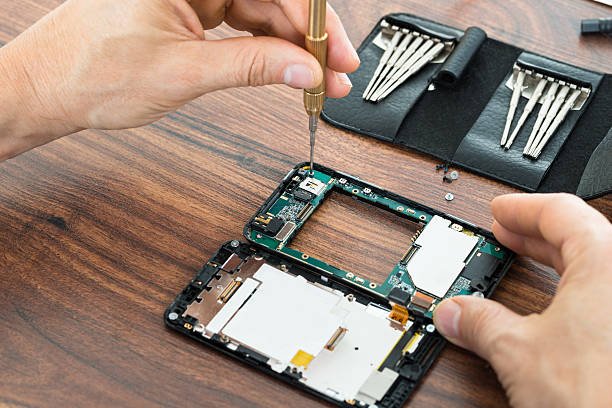Building or upgrading a PC is an exciting yet complex process. With so many components to choose from, ensuring they work together seamlessly is critical for optimal performance. One tool often recommended for this is the bottleneck calculator. But what exactly is a bottleneck calculator, and is it the right tool for you?
In this blog, we’ll dive deeper into bottleneck calculators, explore their pros and cons, and help you decide whether they’re worth using for your next PC build or upgrade.
What Is a Bottleneck Calculator?
A bottleneck calculator is an online tool designed to predict performance mismatches between PC components, typically the CPU and GPU. It calculates whether one component will limit the performance of the other and by how much, often displayed as a percentage. For example, if a high-end GPU is paired with a mid-tier CPU, the calculator might warn you of a potential CPU bottleneck, where the CPU slows down the GPU’s full potential.
How Bottleneck Calculators Work
- Data Input: You enter the details of your PC components, such as the CPU and GPU models, RAM size, and monitor resolution.
- Performance Comparison: The tool uses benchmark data to analyze the processing power of your CPU and GPU.
- Result Generation: The tool outputs whether a bottleneck exists, specifying which component might cause it and the estimated percentage of underutilization.
For example:
- A CPU running at 100% while the GPU operates at 60% indicates a CPU bottleneck.
- Conversely, a GPU operating at maximum capacity while the CPU is underutilized points to a GPU bottleneck.
Why Use a Bottleneck Calculator?
Bottleneck calculators can help you:
1. Optimize Your PC Build
Choosing compatible components is crucial for performance and cost efficiency. A bottleneck calculator helps ensure your CPU and GPU are well-matched.
2. Plan Your Budget
These tools can prevent overspending on a high-end GPU or CPU that may be limited by a weaker component.
3. Identify Upgrade Priorities
If you’re upgrading an existing system, a bottleneck calculator can show which component to replace first for maximum performance gain.
4. Simplify the Decision-Making Process
With countless CPUs and GPUs on the market, a bottleneck calculator narrows your options by flagging potential mismatches.
Limitations of Bottleneck Calculators
While bottleneck calculators are helpful, they have their shortcomings:
1. Simplistic Results
Bottleneck calculators often provide general estimates based on average benchmarks. They don’t account for specific workloads or multitasking scenarios.
2. Resolution Dependency
The performance balance between CPU and GPU heavily depends on the resolution you’re using. For instance:
- At 1080p, games are often CPU-bound, making a weak CPU more noticeable.
- At 4K, the GPU handles most of the load, reducing the CPU’s impact.
Many calculators don’t consider this nuance in detail.
3. Focus on CPU and GPU Only
These tools rarely consider other potential bottlenecks, such as RAM, storage, or power supply limitations, which can also affect overall performance.
4. Outdated Data
Some calculators use older benchmark data, which may not reflect the performance of newer components or drivers.
When Should You Use a Bottleneck Calculator?
1. Before Building a New PC
If you’re starting from scratch, a bottleneck calculator is a great way to ensure you’re pairing components wisely.
2. Before Upgrading an Existing PC
When deciding between a CPU or GPU upgrade, a bottleneck calculator can help prioritize the component that will provide the biggest performance boost.
3. For Gaming Optimization
Gamers who want to ensure smooth gameplay at specific resolutions and frame rates can use a bottleneck calculator to test CPU-GPU compatibility.
When to Skip Using a Bottleneck Calculator
1. Complex Use Cases
If you’re building a PC for tasks like video editing, 3D rendering, or machine learning, bottleneck calculators might not account for the specific demands of these workloads.
2. Advanced Knowledge
Experienced PC builders may not need a bottleneck calculator because they understand component benchmarks and can assess compatibility independently.
Popular Bottleneck Calculators
If you decide to use one, here are a few reliable bottleneck calculators to try:
- PC Builds Bottleneck Calculator
- User-friendly and covers a wide range of components.
- Considers resolution in its analysis.
- CPU Agent
- Offers detailed breakdowns of performance by workload type.
- Bottlenecked.com
- Focuses on gaming performance and provides resolution-based results.
Tips for Avoiding Bottlenecks
1. Balance Your CPU and GPU
- Entry-level CPUs work best with entry- to mid-range GPUs.
- High-end GPUs require a CPU with enough cores and threads to avoid bottlenecks.
2. Consider Your Resolution
- At 1080p, invest more in a powerful CPU.
- At 1440p or 4K, prioritize the GPU.
3. Don’t Forget About RAM
Ensure your system has sufficient RAM for your tasks. For gaming, 16GB is the sweet spot, while 32GB may be necessary for heavy multitasking or professional workloads.
4. Upgrade Storage
An SSD can eliminate storage bottlenecks, improving boot times and application load speeds.
Alternatives to Bottleneck Calculators
If you’re looking for more precise or comprehensive tools, consider these alternatives:
1. Benchmark Databases
Websites like UserBenchmark and PassMark provide real-world performance data for CPUs, GPUs, and other components.
2. Tech Forums
Communities like Reddit’s r/buildapc or Tom’s Hardware offer personalized advice based on your specific needs.
3. Professional Build Guides
Follow component pairing recommendations from trusted tech reviewers and PC-building guides.
Real-Life Scenario: Using a Bottleneck Calculator
Let’s say you’re considering pairing an AMD Ryzen 5 5600X CPU with an NVIDIA RTX 4090 GPU. You input these components into a Pc bottleneck calculator, which predicts a CPU bottleneck of 15-20% at 1080p resolution.
This result suggests that the Ryzen 5 5600X might limit the RTX 4090’s performance at lower resolutions. However, if you plan to game at 4K, the bottleneck becomes negligible because the GPU handles most of the workload.
Conclusion: Is a Bottleneck Calculator Right for You?
Bottleneck calculators are a handy starting point for anyone building or upgrading a PC, offering insights into potential performance mismatches. However, they’re not the ultimate solution. Their simplistic results should be used as a guide, not a definitive answer.
By understanding their limitations and combining their insights with research, benchmarks, and community advice, you can make informed decisions that lead to a well-balanced, high-performing PC.















Leave a Reply